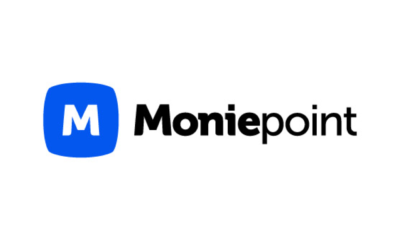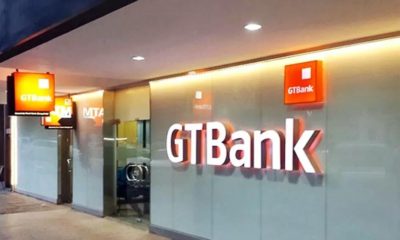British-based security software and hardware company Sophos revealed it has uncovered multiple apps masquerading as legitimate ChatGPT chatbots.
These fake apps which have circulated both the Google Play and App Store, have forced unsuspecting users into signing up for a subscription fee. While OpenAI offers the basic functionality of ChatGPT for free, these apps are charging users an amount from $10 a month to $70 a year.
An iOS version of ChatGPT called “Ask AI Assistant”, charges users $6 a week or $12 a year after a free three-day trial. Reports reveal that in March alone, the developers amassed $10,000.
Speaking on how these apps coerce users into subscribing, Principal Threat researcher at Sophos Sean Gallagher said,
“Scammers have and always will use the latest trends or technology to line their pockets. ChatGPT is no exception. With interest in Al and chatbots arguably at an all-time high, users are turning to the Apple App and Google Play Stores to download anything that resembles ChatGPT. These types of scam apps What Sophos has dubbed “fleece Ware’ often bombard users with ads until they sign up for a subscription.
“They’re banking on the fact that users won’t pay attention to the cost or simply forget that they have this subscription. They’re specifically designed so that they may not get much use after the free trial ends, so users delete the app without realizing they’re still on the hook for a monthly or weekly payment”.
According to findings, Sophos revealed that most of these apps using the ChatGPT algorithm, are doing so to enhance their app’s ranking on Google Play store or App Store. It disclosed that most of these apps are poorly written and developed, as the app function is usually less than the ideal version.
These apps also inflate their ratings in the app store or Google Play store through fake reviews and persistent requests of users to rate the app even before they are done with the free trial.
Sophos revealed that as it continues to take down some of these fake apps, more have continued to emerge. The company has therefore urged users to also play a part in curbing the increase of these apps, by reporting to Google or Apple if they suspect that they are not genuine.
Here Are Some Ways to Spot Some Fake ChatGPT Apps
- Double-check the developers
OpenAI is the developer behind ChatGPT. So, any other chatbot apps on the App Store and all chatbot apps on the Google Play Store are products of other developers.
Like most review sections, the reviews raving about the app will be at the top of the reviews section, giving you the idea that most people enjoy the app. But many fake app creators pay for positive app reviews.
- Check the app permissions
Some of these apps are a privacy risk, as the app’s permissions are unnecessarily overreaching compared to the app’s purpose. Before downloading an app that claims to be ChatGPT-adjacent, check out its app permissions.
Investors King understands that it is no surprise that there are many fake ChatGPT apps on the Google play store or App Store, as the app is the fastest-growing app of all time, hence some mischievous developers want to capitalize on it by rolling out the fake version to generate money.

















